Nairobi Real Estate Faces 41% Drop in Building Plans
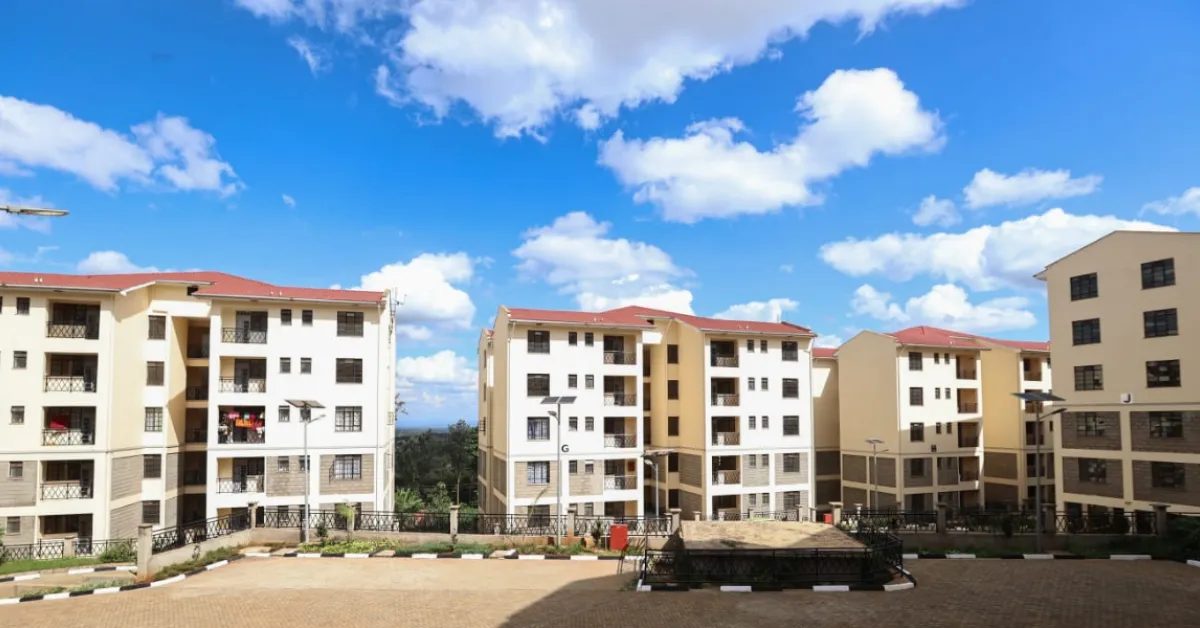
The recent wave of youth-led protests in Kenya, predominantly driven by Generation Z, has significantly impacted the nation’s economy, especially within the real estate sector.
These demonstrations, fueled by discontent over unemployment, economic disparity, and demands for social justice, have caused substantial disruptions in urban areas, leading to delays in construction projects, instability in property markets, and a decrease in investor confidence.
One of the most notable effects of the protests has been the suspension of construction activities. Industry reports indicate that builders have faced considerable interruptions due to road blockades and supply chain disruptions.
This has resulted in a substantial 2% contraction in the construction sector during the third quarter of 2024, a stark decline compared to the 4% growth observed during the same period the previous year, according to data from the Kenya National Bureau of Statistics (KNBS). Cement consumption fell by 10%, the import of bitumen saw a staggering decline of 40.9%, and production of galvanized sheets reduced by 4.2%. Moreover, credit extended to construction enterprises decreased by 13.6%, reflecting the tightening financial climate within the sector.
The repercussions extend beyond construction, contributing to an overall slowdown in Kenya's GDP growth, which decelerated to 4% in the third quarter of 2024 from 6% in the same quarter of 2023. While the country enjoyed robust growth of 5.6% in 2023, bolstered by favourable agricultural conditions, the World Bank has downgraded its growth forecast for 2024 to 4.7%, citing factors such as flooding, protests against the government, and fiscal instability.
In Nairobi, protests have notably affected urban rental markets, with landlords in the Central Business District reporting a 20% drop in tenant renewals. Safety concerns and frequent business disruptions are prompting professionals to seek relocation. Additionally, the total value of approved building plans in the Nairobi Metropolitan Area fell by 41.3% year-over-year in October 2024, signalling a marked hesitance among developers to begin new projects due to economic uncertainties.
In navigating these challenges, the real estate sector is evolving. Developers are increasingly prioritizing sustainability, operational efficiency, and risk management over rapid expansion. David Muriithi, director at Investorpride, remarks that the past year has represented a critical period for the industry, indicating a shift in investment strategies.
"Developers are becoming more selective and cautious about new investments," he said, emphasizing that adaptability is essential in today’s unpredictable market.
The integration of digital tools has played a crucial role in this adaptability. Social media, virtual tours, and online platforms have become vital for marketing properties to a global audience, minimizing reliance on in-person showings during disruptions. Furthermore, the sector is increasingly adopting contactless transactions including digital payments and electronic agreement transfers to streamline operations and ensure safety.
Structured site visits have emerged as a strategy to manage customer interactions effectively. By scheduling fixed viewing dates, developers can facilitate a smoother experience for potential buyers. Projects like Zari Gardens in Chaka are leveraging their locations near Nanyuki to attract both local and international clients through this approach. Long-term strategies are also becoming a focal point, with developers encouraging property owners to enhance and expand existing investments.
This tactic serves to increase property value and stability during uncertain periods. Muriithi lauds the significance of this strategy, suggesting that pre-scheduled site visits allow for better management of potential buyers even amidst ongoing protests and disruptions.

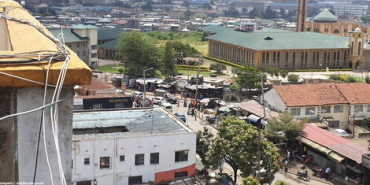

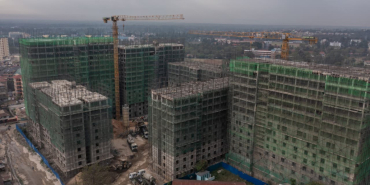

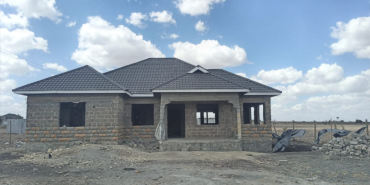
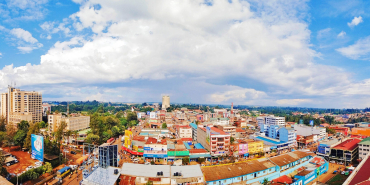
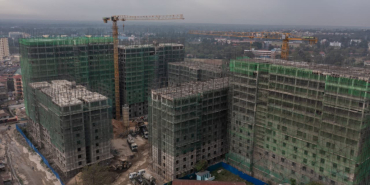
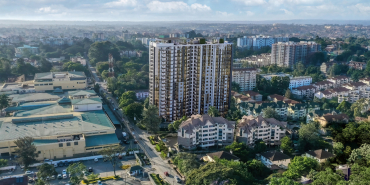





Add new comment